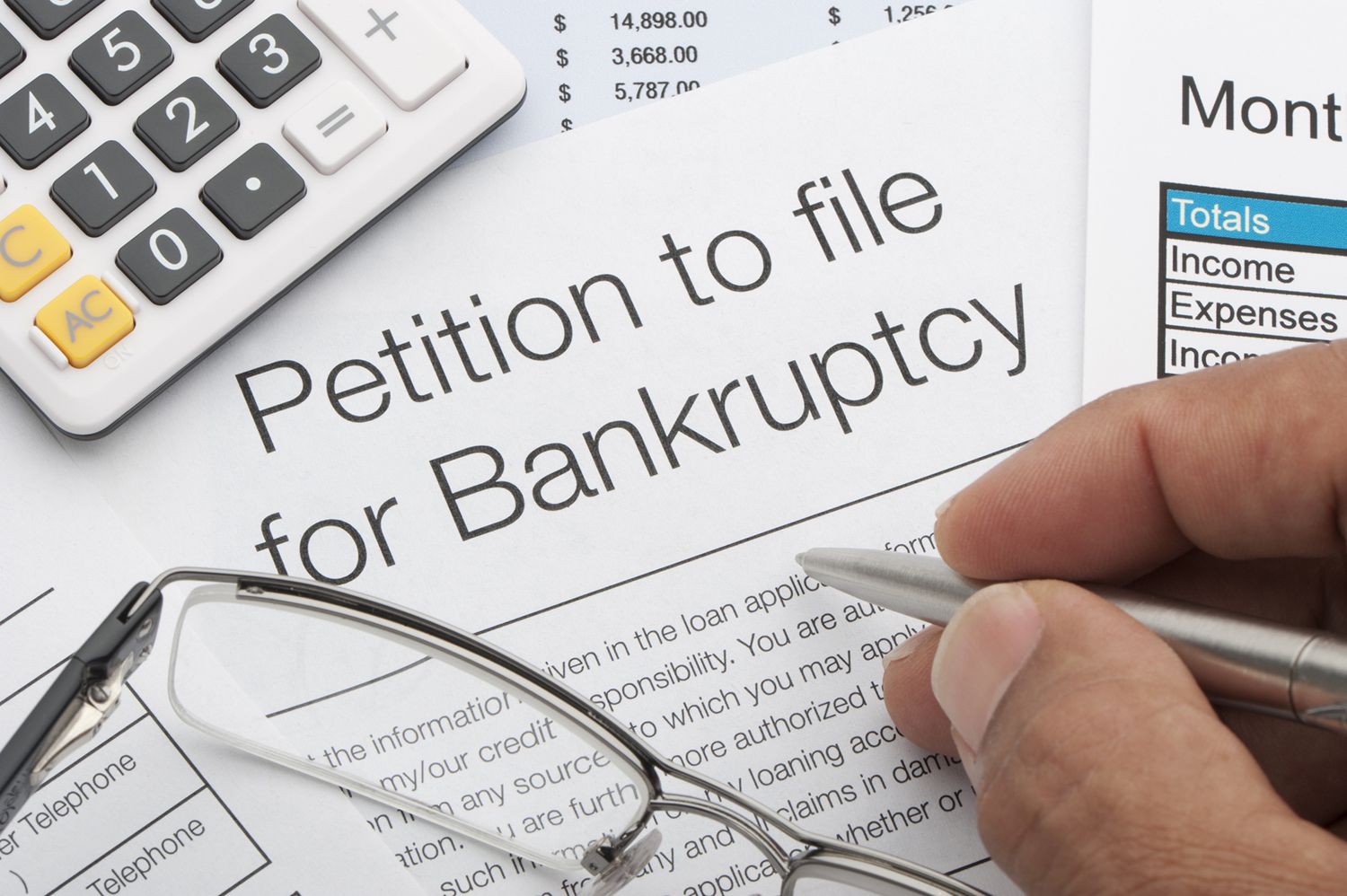In Canada, bankruptcy is a legal process designed to provide relief to an honest but unfortunate debtor who is neither able to meet his debt obligations not has the assets to cover them. It is meant rehabilitate the borrower while trying to balance the rights of the creditors who stand to lose money as a result. Once discharged from bankruptcy, past debts are extinguished and the borrower can once again begin to reconstruct his/ her life and credit history and work towards improving the credit rating, even though the bankruptcy related note will stay on the credit report for 6 years.
Many people have questions regarding the impact of bankruptcy on their mortgage loan. Perhaps justifiably so, as buying a home is often the single biggest investment for most people, and achieved after a lifetime of mortgage payments and toil, if all goes well.
Some of them are answered here.
If I declare bankruptcy, what happens to the existing mortgage and my home?
A mortgage is a secured loan. Secured debts do not become a part of bankruptcy. However, while details might vary from one province to another, essentially, the underlying principle is that while creditors face the prospect of losses, if you have substantial equity in your home, it should be handed over to the trustee to be equitable distributed to your creditors. At the same time, the objective of bankruptcy is not to punish an honest debtor, it is to rehabilitate. If the equity is minimal, you may be permitted to keep the house and mortgage if you are able to service it.
How does bankruptcy impact on renewal of mortgage?
If you have already gone through the bankruptcy process, been discharged and permitted to keep the home while servicing the mortgage, the renewal then becomes a regular renewal transaction. Of course, some things have changed, like your credit score. The lender may wish to take that into account and make the terms more stringent.
There could be other lenders who do not wish to renew the mortgage of a borrower who has been declared bankrupt, in which case you will need to look for another. The good thing is that as long as you have abided by the terms and been regular in servicing the payments, the lender cannot foreclose on the property in discharge of the loan they do not wish to renew.
All things considered, lending is the lender’s business. Moreover, a mortgage is a secured loan. In case of default, the home can be sold to recover the dues. Hence, it is unlikely that the lender will not renew.
Will I be able to get a new mortgage once I have gone through bankruptcy and been discharged?
A bankruptcy in no way bars you from getting a new mortgage loan. However, it is likely that a bankruptcy event would impact your credit score adversely. Since all lenders would use your credit score as one of the qualifying criteria, it would perhaps impair your chances. On the other hand, with other debts discharged, you may be assessed as being a better credit risk now than before the bankruptcy.
How soon after bankruptcy can I buy a new house on a mortgage loan?
The key variable here is the credit score. You can start working towards improving your credit score as soon as you are discharged. Though the bankruptcy notation stays for 6 years on your credit score, most lenders will consider your application two years after discharge, assuming you have been able to work on improving your credit score.
If I file for bankruptcy, will there be a foreclosure on my home?
A mortgage being a secured loan, is not part of bankruptcy proceedings, except to the extent of the equity that you have built up in the property. However, by eliminating other debt from your worry list, it might improve your cash flows and position you better to service your mortgage loan.
If you are already facing foreclosure, initiating bankruptcy proceedings will not annul it. Foreclosure can be a consequence of you not honouring the mortgage loan agreement with the lender, typically related to repayments and servicing of the debt.
Similarly, you can face foreclosure even if you nowhere near bankrupt. Whether you have filed for bankruptcy or not, to prevent foreclosure, you need to ensure that you don’t default on your mortgage agreement. Bankruptcy and foreclosure are two separate laws in Canada.






